Accessibility Tools



Project SDG NAVIGATOR aspires to raise individuals’ capacity to act as true agents of change for sustainability, reinforcing their social and ecological mindset and improving their skillset through an innovative, future-oriented training.
The core objective is to develop:

Project SDG NAVIGATOR addresses the following priorities:

The project’s direct target groups are:
The project will additionally target other educators, consultants, and relevant stakeholders leading sustainable development initiatives at the local and national level in the participant countries, especially those trying to raise individuals’ participation and accountability in this collective call-out.
The SDG Navigator project aligns closely with the vocational education and training (VET) objectives of Austria, Cyprus, Greece, Lithuania, Portugal, Slovenia, and Spain, particularly through the integration of sustainable development goals (SDGs) and modernization of VET systems.
Lithuania, Greece, and Portugal emphasize the integration of sustainability competences and lifelong learning into their VET systems. In Lithuania, the SDG Navigator project directly supports the national objective of enabling people to acquire competences that meet international market needs and sustainable development goals, as set out in the Law on Vocational Education and Training (No VIII-450). The project’s Sustainability Changemakers Competences Dictionary (WP2) and Sustainability Navigator Learning Pathway (WP3) provide detailed competences and structured learning modules that promote sustainability-driven entrepreneurship. The Digital Hub & Toolkit (WP4) offers interactive and personalized learning resources, facilitating lifelong learning and career transitions. This alignment is crucial for Lithuania’s commitment to modernizing its VET system to meet contemporary trends and labor market needs.
In Greece, Law 4763/2020 underpins the enhancement of VET through quality improvement, cooperation, and digital transformation. The SDG Navigator project’s outputs, such as the SCCD and SNLP, ensure that learners are equipped with sustainability competencies relevant to current and future labor market demands, supporting Greece’s strategic objectives for a resilient and adaptable workforce. Portugal’s Decree n.º 14/2017 emphasizes continuous training and sectoral needs, which are supported by the SDG Navigator’s focus on empowering individuals with sustainability competences and innovative VET training pathways.
Austria and Cyprus focus on aligning VET with labor market needs, promoting lifelong learning, and enhancing the attractiveness of VET. Austria aims to ensure that VET programs are updated with the latest industry trends and technological advancements to foster a skilled and environmentally conscious workforce. The SDG Navigator project’s outputs, like the SCCD and SNLP, support these goals by integrating essential sustainability competences and flexible, innovative learning modules into VET curricula. Cyprus’s objectives, outlined in the Cyprus Lifelong Learning Strategy 2021-2027, include improving VET quality, increasing adult participation, and supporting digital transformation. The SDG Navigator project aligns with these aims by providing state-of-the-art digital resources and structured learning pathways that enhance the accessibility and relevance of VET programs.
Slovenia and Spain aim to embed sustainable development competences into their VET frameworks. In Slovenia, the Institute of the Republic of Slovenia for Vocational Education and Training (CPI) highlights the need for updated occupational standards that incorporate climate change mitigation and adaptation. The SDG Navigator project’s resources, including the SCCD, SNLP, and Digital Hub, align with these objectives by promoting sustainability competences and innovative pedagogical approaches. Spain’s regional VET plans, such as Castilla y León’s VI General Plan for VET, focus on enhancing VET quality, inclusivity, and digital transformation. The SDG Navigator supports these objectives by providing tools and resources that facilitate the development of competences in sustainability and green transitions.
The SDG Navigator project aligns with Erasmus+ Key Action 2 (KA2) priorities, as outlined in the Erasmus+ 2024 Programme Guide, by adapting VET to labor market needs through the Competences Dictionary, which defines essential sustainability competences to keep VET curricula relevant. It increases flexibility and innovation with the modular learning stages of the SNLP, catering to diverse learner needs and promoting new teaching methodologies. The project also enhances the attractiveness and quality assurance of VET programs through the Digital Hub, which integrates high-quality, standardized learning resources accessible internationally.
Additionally, the SDG Navigator project supports the internationalization of VET providers and responds to educational needs during crises, such as the war in Ukraine, by offering inclusive and adaptable learning resources. These efforts contribute to the broader goals of the Erasmus+ programme, fostering a sustainable, modern, and adaptable vocational education landscape across Europe.
In summary, the SDG Navigator project effectively supports the VET objectives of multiple European countries, particularly Lithuania, by providing resources that align with national laws and strategies, and aligns with Erasmus+ priorities, enhancing the overall quality and relevance of vocational education and training in Europe.
The SDG Navigator Digital Hub and Toolbox (SNDH) integrates the Sustainability Changemakers Competences Dictionary (SCCD) and the Sustainability Navigator Learning Path (SNLP), offering an interactive and personalised exploration of the available resources. The Digital Hub supports VET educators, VET providers, and learners in facilitating more dynamic and customised consultancy-training processes on sustainability-driven entrepreneurship. It also aids learners in expanding competences and processes critical for addressing the challenges and opportunities they face to improve their entrepreneurial mindset.
The SNDH promotes awareness-raising about the green transition, environmental, and climate-change challenges. The toolbox is designed to develop competences in various sustainability-relevant sectors and to support the creation of future-oriented curricula that meet the needs of VET trainers as well as VET learners. By integrating innovative practices, the SNDH prepares learners, staff, and youth workers to become true agents of change, encouraging sustainable behaviors.
The SNDH also aims at adapting VET to labour market needs by offering a balanced mix of vocational skills and work-based learning opportunities aligned with evolving jobs, working methods, and key competences. The toolbox facilitates the adaptation of VET curricula to changing skills needs, green and digital transitions, and economic cycles, thus supporting VET providers in maintaining up-to-date training offers.
The SNDH toolbox contains interactive exercises organised by the process stages defined in the SNLP and the competences defined in the SCCD. The interactive learning resources, such as storytelling, videos, interactive infographics, action cards, flashcards, and quizzes, can be used in a stand-alone mode and customized to individual preferences. These engaging and real-world-oriented activities support further content exploration and application and are recommended as pre- and post-training assessments on various training themes.
The resources that you will find within the SDG Navigator Digital Hub and Toolbox contributes to increasing the attractiveness of VET by fostering open and participative learning environments and supporting the professional development of VET teachers and trainers. The toolbox also aims to establish and reinforce long-term partnerships with businesses, VET providers, chambers of commerce, and other relevant stakeholders, enhancing the impact of skills competitions and other collaborative initiatives.
Xwhy specialises in applied humanities and social sciences, our team is striving to explore social, cultural, ethical and other everyday contexts of people and to find sustainable solutions for the issues. Our aim is to pioneer a new, enriched vision of research and design practices – a well-thought combination of both empowers to make better decisions and create an impact.
Our focus is sustainability and culture related projects. We base our work on participatory research and active stakeholders’, communities’ involvement in the process.


Mindshift Talent Advisory is consulting company specialised in Human Resources that invests in the performance and upskilling of people’s competences, seeking to boost the digital and interpersonal maturity in organisations and society.
At national level, Mindshift Talent Advisory has as one of its main partners The Key Talent Portugal, a HR Tech Consulting specialised in Social Attraction and Talent Assessment that develops platforms, such as Panorama and AplyGo, that allow to optimise, implement and manage digital, agile and attractive HR processes based on data analysis.
At European level, we are a strategic partner for the development of transnational cooperation projects aiming at to create innovative solutions in the area of youth and adult training, in six key-areas: upskilling & reskilling, inclusion & employability, sustainable development, women empowerment, entrepreneurship & creativity, and digital talent.
Mindshift Talent Advisory is strongly committed with principles of Social Responsibility and the 2030 Agenda for Sustainable Development, bringing together a team of staff with various backgrounds and professional experience.
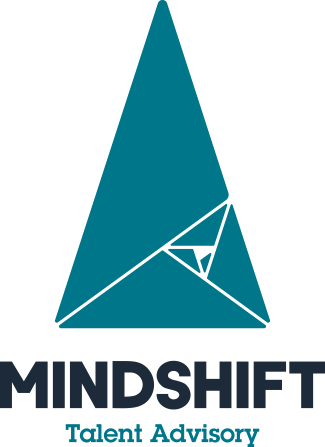

DISRUPTIA is a company expert in digital transformation that envisions smart technologies as game-changing tools to fully exploit the opportunities that digitalization can provide towards building the sustainable society of the future. DISRUPTIA supports education entities and public institutions to define clear goals for an effective digital transformation strategy, fostering the development of a high-performing digital education ecosystem and enhancing digital skills and competences for the digital transformation.
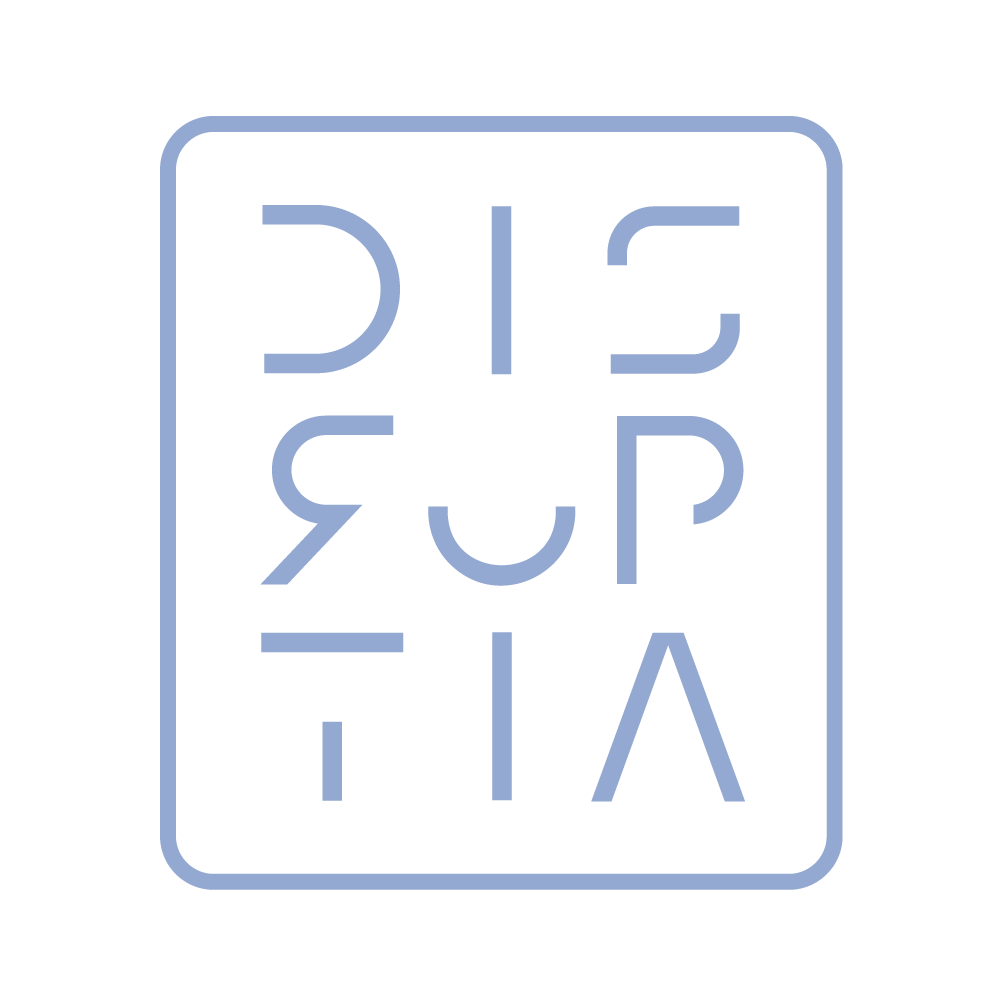

IDEC is a training consulting company located in Piraeus, Greece. Its activities consist of training, management consulting, quality assurance, evaluation and development of ICT solutions for both private and public sector. It has been accredited as a lifelong learning centre and organises in-service training courses for teachers and trainers, study visits and informal learning activities for students in initial education and training.

CEDRU – Centre for Studies and Urban and Regional Development, Ltd. is a technical consulting company in land use management, economics, society, and culture. Strategic planning, land use management, urban planning, capacity building and institutional development, European studies, and public policy evaluation are our main approach areas. Simultaneously applied research, training, or scientific, technical, and cultural meetings development are CEDRU regular activities. With diverse skills and professional and academic preparation, the core team is supported by an extensive network of national and international consultants. Counting on more than 35 years of experience, CEDRU has been pursuing a constant update among its various actuation areas, technical, scientific, cultural skills, and infrastructure (facilities and equipment). From this accumulated and treated knowledge, from the experiences and experiments, we continue to pay attention to The History of the Future, one of our leading positions in the territory’s approaches. History is continually being written and updated.
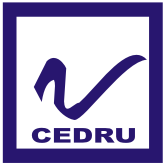

GZS is the largest independent, voluntary, non-profit association of companies in Slovenia. It was founded in 1851 and today boasts more than 5,200 member companies of all shapes, sizes, branches, and regional backgrounds. Our member companies contribute about 50 % of gross value added of the Slovenian economy and generate 2/3 of sales in foreign markets. GZS is involved in various projects co-funded by the European Union. These projects allow us to connect with companies, industry associations and chambers, universities and research organisations, incubators and science parks, clusters, policymakers and many other stakeholders across Europe. With European interdisciplinary project teams, we gain new knowledge and experiences, offer new services/products, and bring new and useful topics to the business community in Slovenia.
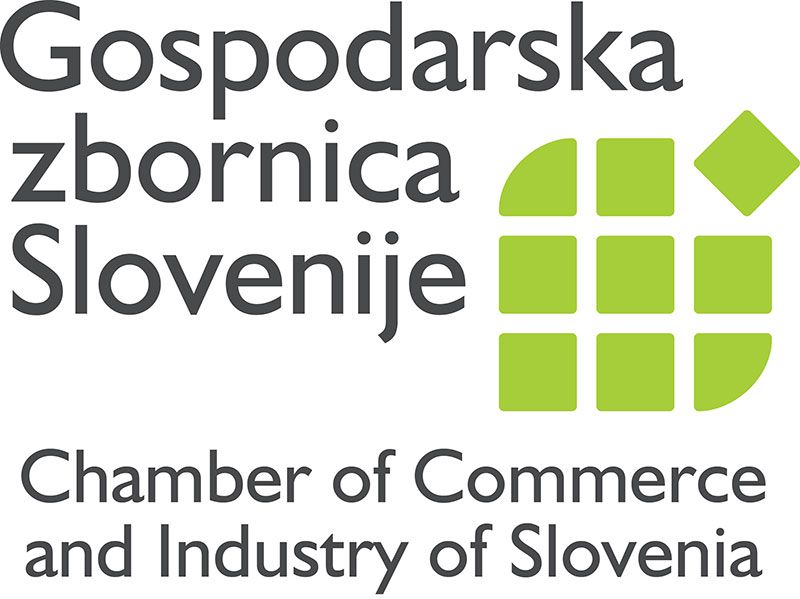

CARDET is the leading research and development centre in the Mediterranean region with global expertise in VET, Sustainable Development, entrepreneurship digital skills, and capacity building. As the largest independent non-profit centre based in Cyprus, CARDET is independently affiliated with universities and institutions from around the world, such as the Yale University, the University of Nicosia and the International Council of Educational Media. CARDET has completed more than 500 initiatives and projects relating to VET, sustainable development, innovation, and entrepreneurship, digital transformation and digital skills, green transition.


Meta4 Innovations is a research and development organization that designs and develops innovative tools, methodologies, products and services in the field of digital learning innovation, entrepreneurship, sustainable development, social inclusion and technology empowered solutions that pragmatically respond to current social and economic challenges and simultaneously foresee and intuitively drive the changes needed to achieve future goals of a sustainable learning community.
Meta4 is a reputed training provider in VET and Adult education that supports vulnerable and marginalised persons such as migrants, women and youth. Our beneficiaries include public authorities, private organizations, civil society, non-profit organizations, SMEs and marginalised communities.
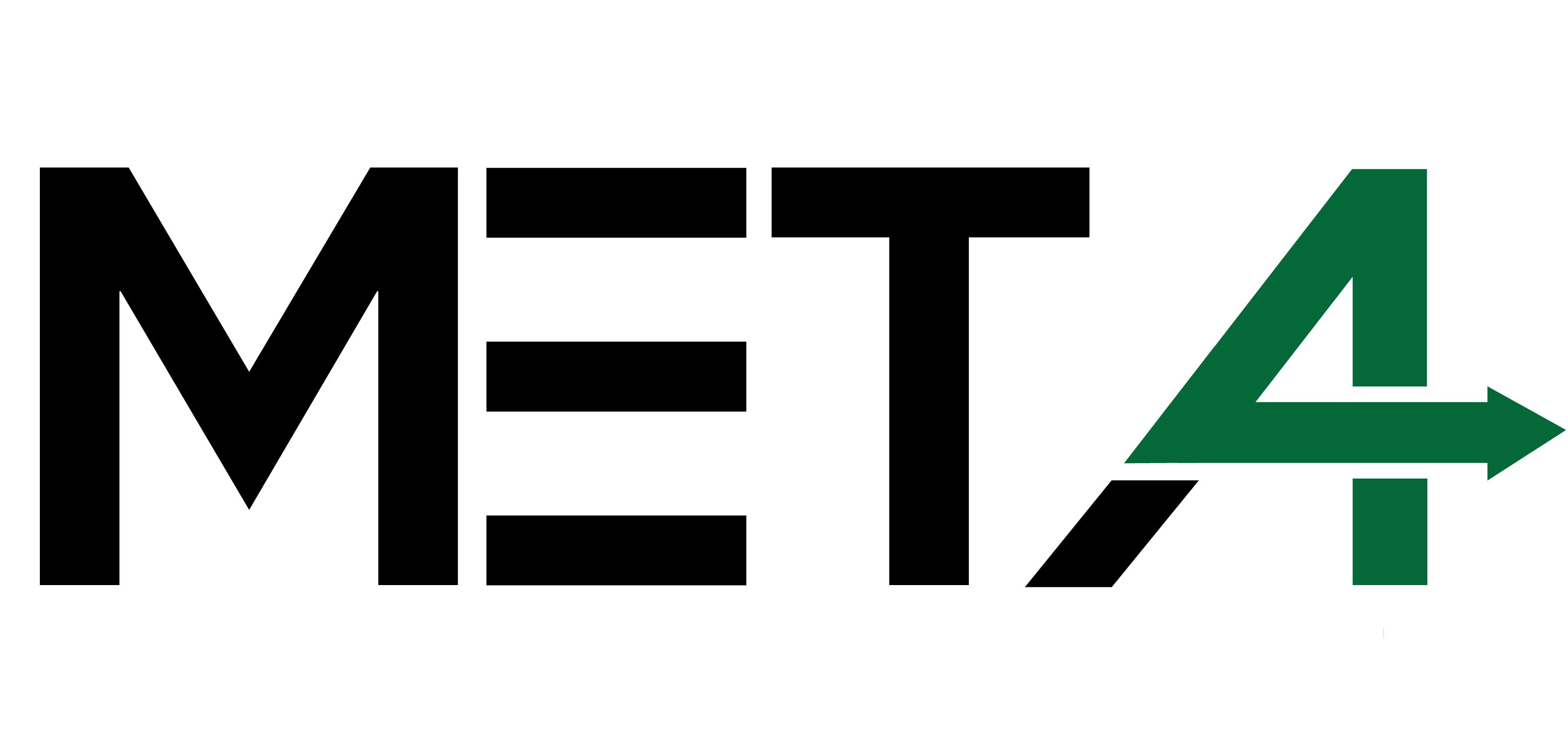
SCCD defines the combination of knowledge, skills, and attitudes that could empower individuals to become true agents of change towards sustainability through their different life roles and choices eg: workers, citizens, consumers, etc. The SCCD is primarily aimed at vocational education and training institutions and their teachers and learners.
The SNLP is designed to provide VET learners, including all individuals interested in sustainability-related topics with comprehensive learning resources and changemaking tools aiming to strengthen their sustainability-oriented entrepreneurial competences.
For this, it consists of seven learning modules – get ready, discovery, planning, start-up, build-out, consolidation, and outreach – that intend to guide VET learners through the sustainability-driven entrepreneurial process at various stages, thus providing a clear and structured pathway to develop their skills towards sustainability, enabling them to become proactive agents of change.
Additionally, by offering tailored resources and practical tools, it empowers VET providers, other educators and consultants to effectively integrate sustainability into their curricula and be able effectively guide their learners through the sustainability-oriented entrepreneurial process and diverse stages.
The learning hub integrates the SCCD and the SNLP to offer an interactive and personalised exploration of the available resources. It also additionally includes a thematic toolbox designed to support VET providers, educators and learners.